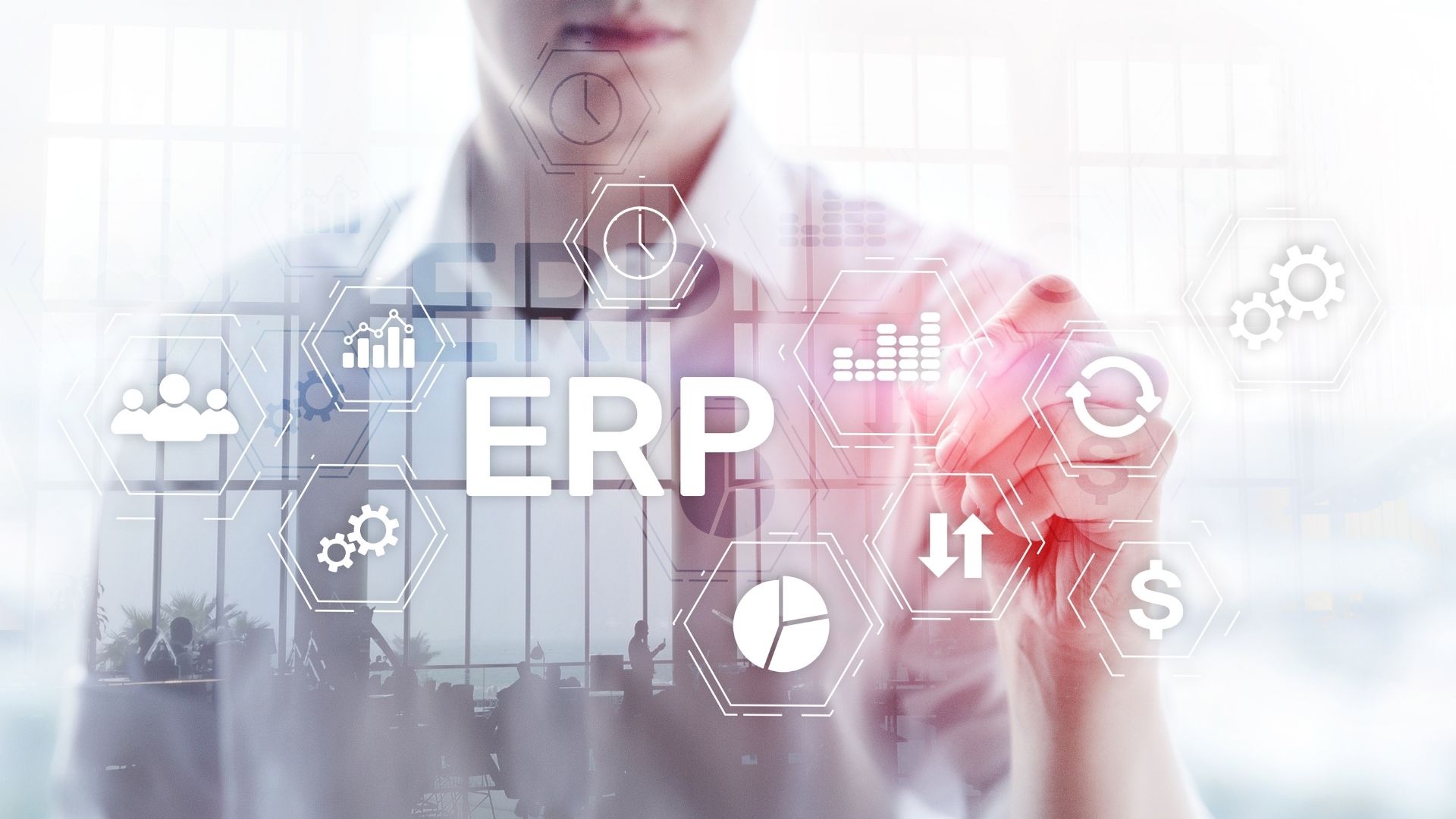Subtotal $0.00
Enterprise Resource Planning (ERP) systems have long been at the heart of business operations across industries. Traditionally, ERP implementations have acted as centralised hubs, managing a range of critical business functions from finance and procurement to supply chain and human resources. Today, AI and automation are reshaping the ERP landscape in unprecedented ways, making ERP systems smarter, more efficient, and more responsive to the needs of businesses across.
The Evolution of ERP Systems
Originally designed to integrate core business processes, ERP platforms have evolved from basic record-keeping tools to sophisticated environments that drive digital transformation. The integration of AI and automation into ERP platforms is the latest chapter in this evolution, providing businesses new ways to streamline their operations and gain a competitive edge.
AI-Powered Insights and Decision Making
One of the biggest impacts of AI within ERP systems is its ability to provide actionable insights. AI algorithms can analyse vast amounts of data in real-time, spotting patterns and trends that might otherwise go unnoticed. Where businesses operate within highly competitive and regulated environments, AI-driven analytics enable leaders to make informed decisions quickly and precisely.
For example, AI can help retailers anticipate customer demand, optimise pricing strategies, and manage inventories more effectively. In the manufacturing sector, AI can be used to forecast equipment maintenance needs, reducing downtime and extending equipment lifespan.
Automating Routine Tasks
Automation is another area where ERP platforms are making significant advances. By automating routine, repetitive tasks such as data entry, invoice processing, and payroll administration, businesses can reduce error rates and free up staff for more value-added activities. This is especially valuable in sectors like logistics and distribution, where precision and efficiency are critical.
Enhancing User Experience and Productivity
Modern ERP platforms, such as those offered by a trusted Microsoft Dynamics 365 partner in the UK, now feature AI-driven interfaces that understand natural language queries and offer proactive recommendations. This makes ERP systems more accessible to a wider range of users, regardless of their technical expertise. Where businesses are increasingly looking for ways to optimise workforce productivity, AI and automation within ERP platforms can play a pivotal role.
Improving Compliance and Risk Management
Compliance is a significant concern for UK businesses across industries, from financial services and pharmaceuticals to manufacturing and energy. AI and automation enable ERP platforms, including Microsoft ERP & CRM services in Manchester, UK, to continuously monitor transactions for compliance with relevant regulations and alert stakeholders to potential issues. By automating compliance checks, businesses can reduce the risk of costly penalties and protect their reputations.
The Impact on Supply Chain Management
AI and automation are revolutionising supply chain management within ERP platforms, such as Microsoft Dynamics 365 & LS Central in the UK. By leveraging predictive analytics, ERP platforms can anticipate disruptions, optimise routing, and manage supplier relationships more effectively. In the context of Brexit and other global trade complexities, UK businesses can benefit greatly from these capabilities.
Driving Sustainability and Environmental Impact
Modern ERP platforms, augmented by AI, can also help businesses measure and reduce their environmental footprints. By providing insights into energy usage, waste generation, and emissions across supply chains, ERP platforms can aid businesses in aligning with the UK’s ambitious climate targets and ESG requirements.
The Road Ahead for ERP Systems
The future of ERP systems in the UK will be defined by their ability to adapt and evolve. AI and automation are making ERP platforms more intelligent, resilient, and user-centric. As businesses continue to grapple with economic uncertainty and competitive pressures, the ability to harness the full potential of AI-driven ERP platforms will be a critical differentiator.
Conclusion
AI and automation are reshaping ERP systems for the better, making them an indispensable tool for UK businesses. By providing actionable insights, automating routine tasks, and enhancing user experience, these advances enable organisations to operate more efficiently, mitigate risk, and stay competitive in an increasingly complex marketplace. The ERP platforms of tomorrow, including those backed by Microsoft Dynamics 365 Support Services, will not just support the needs of businesses but actively drive their growth and innovation. As such, AI and automation are set to transform ERP systems forever, making them a cornerstone of digital transformation for businesses across the UK.


Comments are closed